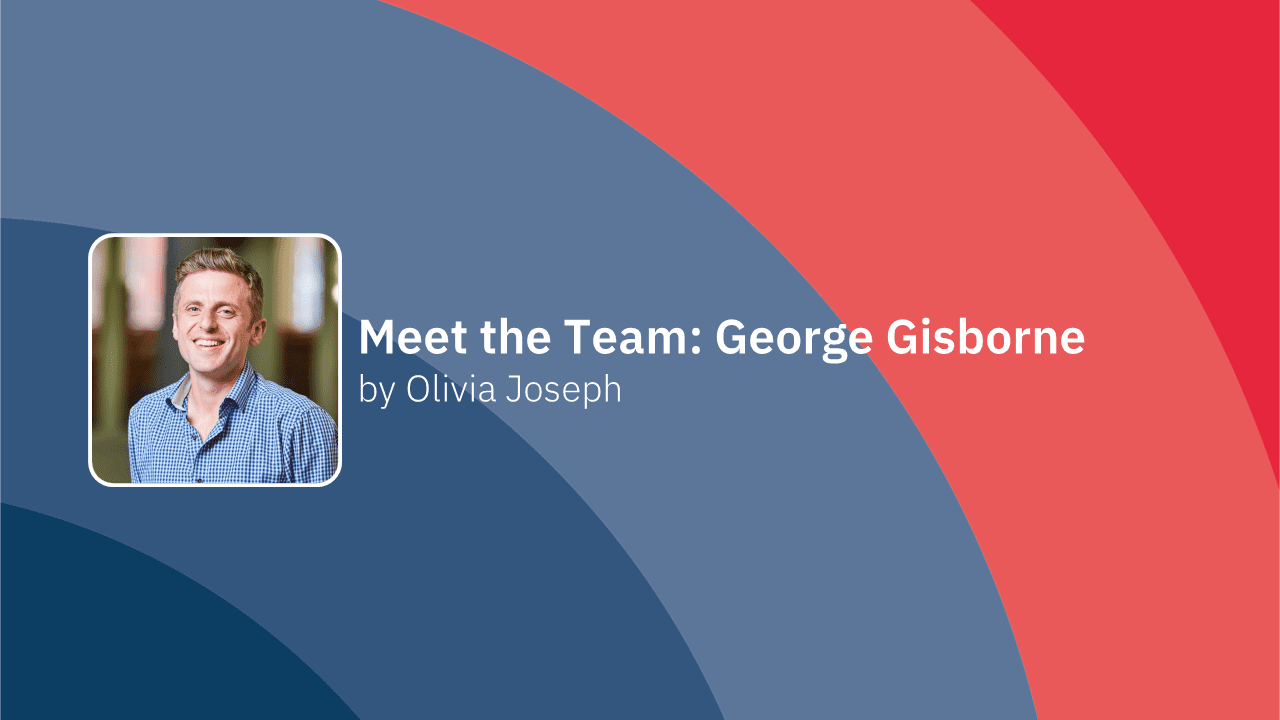I’m George, a PGR Diversity Officer at the University of Leeds. My job is to provide information, advice and guidance for people from minoritised backgrounds who want to access postgraduate research at Leeds and at the other YCEDE partner universities.
The process of applying for a PhD is slightly different in each faculty at Leeds, and different to other institutions. It is understandable that applicants end up being confused by the process!
Before working in the PG Diversity team, I was an outreach officer for the STEM subjects here at Leeds, working with school age pupils to raise awareness of undergraduate study and the different courses on offer. Before working at the university my exciting and varied career includes primary school teaching, youth work, care work, TV and theatre production and being a news reporter for the Asian Express newspaper.
What do you love about your job?
One thing I love about working here is meeting people from such different backgrounds. The University of Leeds is a diverse, international environment, which I find really stimulating. I love the fact that I can eat lunch in the Refectory here or go to an event, and meet people from all over the world. It turns out my passion for sports, films and books comes in very handy finding common ground with people! In my younger days, I loved travelling far and wide discovering new places, food and culture. I don’t get the opportunities to travel as much these days, but being part of the community here certainly helps!
If I can help people interested in studying a PhD find the right information they need, or even the right person to talk to, that is extremely satisfying. The application and study process for PhDs is sometimes referred to as ‘The Wild West’ and can be difficult to navigate. Inside knowledge is often assumed and can make applying for a PhD at a Russell Group university daunting and confusing.
When I was a teacher, it was rewarding to see pupils learn and apply something new. In this facilitating role, I’m often a middle-man – introducing applicants to experts who are the ones that can give them what they need. I work with academics across the five YCEDE universities and it’s fascinating to hear about the different research happening in Yorkshire alone. Whether this is plants communicating with each other, low carbon engineering solutions or medieval witchcraft – I am always amazed by the expertise and knowledge! I consider myself a ‘Jack of all Trades and Master of None’, so it’s very exciting for me being surrounded by experts!
A really exciting new initiative that YCEDE are offering is the Advocacy Scheme, which gives UK ethnically minoritised applicants the chance to build a relationship with an academic who can guide them through the application process. In my old life as a news reporter, I enjoyed telling stories that, essentially, advocated for the experiences of people. At the Asian Express I wrote stories celebrating cultural strength and positivity at festivals and events, but also reported some horrific experiences of racism, prejudice, and disadvantage that some people in the Yorkshire Asian community face. It was vital these stories were told, and oppressors held to account. As a youth worker, I also helped disadvantaged young people tell their own stories in the media to balance the narratives perpetuated about themselves and their communities. I feel that part of my role at Leeds and in YCEDE, is to champion the case for diversity in postgraduate research and advocate for the need to reform our admissions practices. We must ensure that talent is given the opportunity to thrive in our institutions.
What have you learnt from YCEDE so far?
YCEDE has a very ambitious but crucial aim, to diversify our research cohort not just in Yorkshire, but in the UK. Research tells us that there are many barriers to postgraduate study such as geographic mobility and finances, but we have learned that offer rates to ethnically minoritised students at Leeds and across the Russell Group are significantly lower than white students. With less Black, Asian and ethnic minority students in Russell Group universities, and an acknowledgement of an awarding gap between these students and white students at undergraduate level, there is an urgent need for this work to succeed.
What have been the main challenges or tensions delivering YCEDE in the past year?
The challenges are numerous. With PhD application processes varying from faculty to faculty and institution to institution, it is difficult for applicants to get the right advice. There are huge financial burdens on PhD students, who could be earning far more in employment and have already incurred debt from bachelors and master’s degrees. This work is also very new in the sector and institutions can be resistant to change without evidence that initiative will succeed. Also, academics and students supporting this work already have heavy workloads and there simply isn’t enough time to do everything we want to. Finally, first-hand accounts from minoritised students facing traumatic experiences studying without the support they need is distressing to hear – but this, more than anything, provides us with the inspiration to forge ahead and do what needs to be done.
Have you seen any unintended benefits or outputs yet?
We are already seeing some of our work bear fruit. I am aware of students that have been awarded PhD places already, who have benefitted from YCEDE’s support. The unintended benefits, from my point of view, would be enjoying the company of some inspirational people and some who are also a lot of fun to be around! These are people that I never would have had the pleasure of meeting if it weren’t for YCEDE – whether they are within my institution or not – and they give me more energy to play my part.

